Steven Moffat has written most of the best episodes of the re-launched version of Doctor Who, the BBC's action-adventure show about a time-traveling alien. And he's taking over as show-runner in 2010. We were lucky enough to get a one-on-one interview with Moffat about his vision for the show. And Moffat settled your most hotly debated question about the show — and that was just in the first thirty seconds. After that, things got really interesting. (And there's one spoiler for the end of season four.)
We've been debating on our site endlessly: Is Doctor Who a kids' program?
Yes. Debate over. It's good to fix those things quickly.
Even though it has a huge adult following? It's not aimed at both?
It's aimed at kids and adults. And why should anyone care about this? If you watch it, then it's for you. It shouldn't matter. I mean the specific thing about it being a children's program, is that it follows the imperatives and narrative rules and the joy of children's fiction. If you watch Doctor Who at 9 pm at night [as you do in the United States] it's going to seem a bit odd. It's energetic. The Doctor walks straight out of the TARDIS and into trouble, and you accept it. The Master becomes Prime Minister of Britain, and you accept it. It's got all the brio and vigor of Harry Potter, Narnia and Star Wars. That doesn't mean it doesn't appeal to adults. Star Wars, the most successful film franchise ever, is explicitly for children, but adults love it. Doctor Who is my favorite thing in the world. If you're in Britain, we'll show you the sticker books [and] the lunchboxes. In the schoolyard on Monday, they're all talking about Doctor Who. That doesn't mean it's childish. It's very sophisticated.
And of course England has a tradition of children's literature that's quite nasty, like Roald Dahl.
It's naughty... It's all fear. death and screaming women. It's innocent people being melted in the first 5 minutes of every episode. Why should there be a debate? If they watch it, it's their program. We're very happy they watch it [but] every single one of them would enjoy it more if they watched it with an eight-year-old. You really see it then... Literally, the whole family sits down to watch Doctor Who: mum and dad, granddad, the two kids... Mum's fancying David Tennant, dad's thinking the spaceships are really cool, the granddad is saying it was better when it was William Hartnell.... and they're all thinking it's aimed at them.
Have you seen Wall-E?
I haven't seen Wall-E. It looks fantastic.
I was really blown away by it. It's a kid's movie, but it deals with some incredibly weighty issues.
The misconception about children's ficition is that it's lightweight or fluffy. It's about really big and important things. It's adults who like light and fluffy. Everything is big and imprtant to a child, [so] their stories are about big and important events.
When the show re-launched, original showrunner Russell T. Davies talked about being influenced by Buffy The Vampire Slayer. Is the show still being influenced by Buffy?
I think when you start on a show like that... You are looking around [for things to compare it to]. Where does it sit now? What is like this now? What can I give as an example of this? Buffy is a good example: it's young-skewed, adventurous, funny and irreverent. But the moment you start making the show, you stop thinking of Buffy [and] you start thinking of Doctor Who. Doctor Who is a huge, fantastic, important show now.
So are there any shows happening now that you're more influenced by?
[You watch things, and inevitably you're influenced by things you like.] A show like Doctor Who has always been eclectic and kleptomaniac. You start grabbing bits of shows. Doctor Who switches shows all the time. You want to do a bank robbery episode of Doctor Who? You can do a bank robbery episode of Doctor Who.
So are we going to get something off the wall, like a bank robbery episode, in season five?
I won't say much about series five. It's two years off. Even giving tantalizing hints, those things will become so old. [People would be analyzing and debating them to death.] In two years [when] series five comes out, I want it to be the freshest thing in the world.
I won't ask for series five spoilers then. Except, any chance we'll be seeing River Song again?
The Doctor will certainly see her, and we know he will some day. But as to whether we will? (Shrugs)
So speaking of River Song, one of the most intriguing things in your recent two-parter was all the mentions of the future super-Doctor, who can open the TARDIS by snapping his fingers. Is that a sign of things to come?
If you've got a bluetooth key for your car, you can practically do that anyway. Having the Doctor be able to open his door [by snapping] is not a big deal. You've seen him change his face. What's really important to Doctor Who — I was discussing this with Russell the other day — is that he's got the biggest gob in the universe, and [he can talk people into anything]. Underneath it all, he's a bloke. He 's a man. He's just a man with a time machine who is brilliant at convincing people of things... and it's a great bluff. When [River Song] whispers his name in his ear, he freaks, and you see him collapse back into himself, and [into] being just a bloke. David Tennant does a brilliant job. David shows him [building back up] and shouldering the burden of being the Doctor again. He's the man who never gives up, and that's his super-power.
But there are hints in other episodes of the Doctor being sort of a god. And in the end of that Paul Cornell two-parter last year, we see him inflicting these godlike super-punishments on people, freezing them or trapping them in mirrors.
You see a very collapsed version of those events. He does things. He's not magic... It would be a very boring legend if you discovered that, at the center of it, it's actually a legend. You want it to be a legend about a man. It becomes dramatically interesting, because he is a man. I'm surprised people are worried about that. There's a lot, in the rest of the series, where we play a very human Doctor. He's prone to jealousies, he's prone to falling in love, his heart can be broken. And he's thinking, "How can i keep doing this?"
Speaking of Paul Cornell, he wrote a Doctor Who internet audio starring Richard E. Grant called "Scream Of The Shalka," where we see a Doctor who's much more weary and self-loathing. Will we ever see that side of the Doctor on television?
I shouldn't think that. I don't think that's something that we could sell to a mainstream audience, a Doctor who loathes himself. A bitter, sad Doctor. You're not going to get the audience for that. You want to think, this man is having the best life ever. This is not a piece of art-house cinema. You get glimpses of the great sadness and the loneliness, [but] that's just the occasional colour. [Even in the "Shalka" storyline, it was just an arc within that story.] Most of the time he's going to be running and running.
You're obviously influenced by the Peter Davison era, and you wrote "Time Crash," where he met David Tennant's Doctor. How does that inform your approach to a more human Doctor?
I really enjoyed Peter's Doctor. I said sometimes, he's underrated as the Doctor — although not after "Time Crash," that's for sure. I think he's a brilliant Doctor... He paved the way for the younger, more reckless Doctors... He is the [first] modern Doctor... [Before Davison], he was always the father figure, and suddenly the Doctor became your reckless mate... The Doctor always doesn't know what he's doing, he just hopes he can get away with it.
So for now we're seeing a human side of the Doctor, but are we eventually going to see him turning into the super-Doctor River Song describes? Maybe in series ten?
He's an incredible man, and we want him to do things that seem like magic. How must it have seemed to the court of Versailles, when he crashed through the mirror on a horse? How must it have looked to them? [Whereas] we know there was a horse on the spaceship, and there was a portal, and it was a trick.
Your episodes of Doctor Who are among the scariest, and you also worked on the fantastic Jekyll. What are your horror influences?
I'll be honest. The horror influence on me is Doctor Who. I haven't watched a lot of scary movies. I watched The Ring, that's bloody terrifying. Gareth Roberts, who wrote "The Unicorn And The Wasp," has a theory: You write Doctor Who as you remember it. He remembers it as funny and clever, so he writes that kind of Doctor Who. I remember it as being scary.
In the Batman comics, the idea that Batman creates his own villains used to be a subversive undercurrent, but recently it's become more like the official story. Similarly, there's the idea that the Doctor creates more problems than he solves, and he's a destructive force. This comes up in the most recent season finale, with Davros saying the Doctor dare not look back at the damage he's caused. Is this view of the Doctor becoming more prevalent?
I would hate that to be true. I think that's Davros winding him up. I want to think the universe is held in balance by this one good man. I think he does more than that, he inspires people to great acts of heroes of heroism. That's what Davros sees, becuase he's a mean-spirirted old twat, but the Doctor is more special and lovely than that.
One of the great innovations of the Russell T. Davies era was the idea of the companion being connected to her home and family, and keeping the family as a supporting cast. How do you keep that fresh with a succession of new companions?
You change everything, all the time. Even that element of the show has changed radically over the past four years... You don't worry about doing things radically, in an a new way... [You] do what tells the story... It was very important that Rose, Jackie and Mickey were clear, developed characters. [When the show started] the Doctor was a ridiculous guide. [Audiences didn't] understand who he is and what he's supposed to be. But [now] it's very different, because the Doctor is the most familiar character in the show. [Originally] we knew Rose much better than the Doctor, and now we know the Doctor better than we know Rose. And now we see Rose from the Doctor's point of view, instead of seeing the Doctor from Rose's point of view. You have to stay alive and stay lively, and Doctor Who is about change. Change is part of Doctor Who's formula. It must change.
Thursday, July 24, 2008
Subscribe to:
Post Comments (Atom)




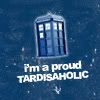






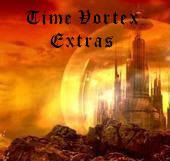
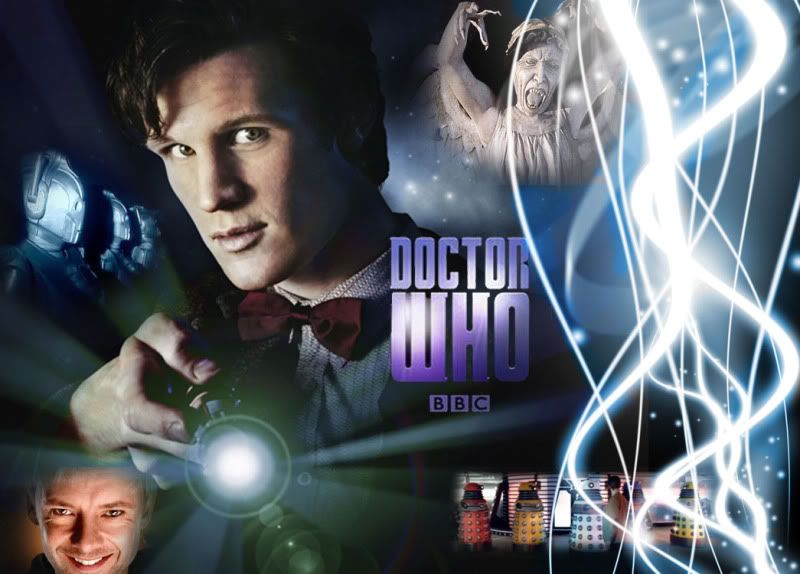
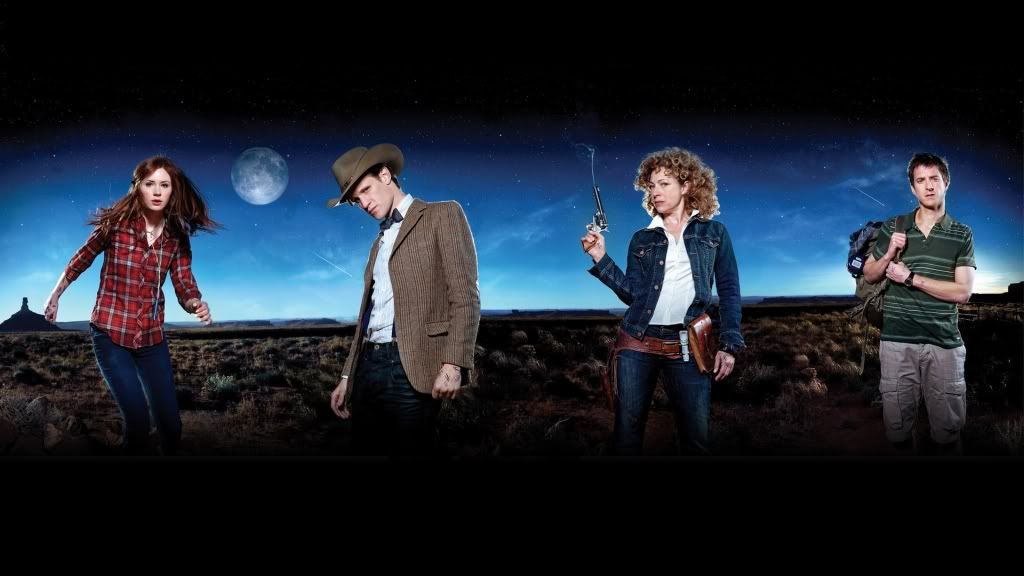
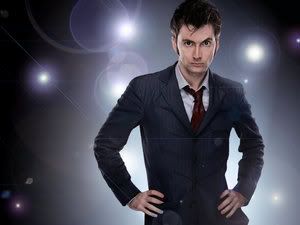

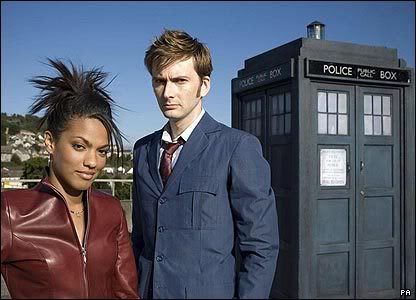
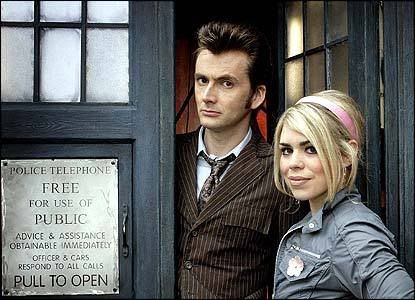
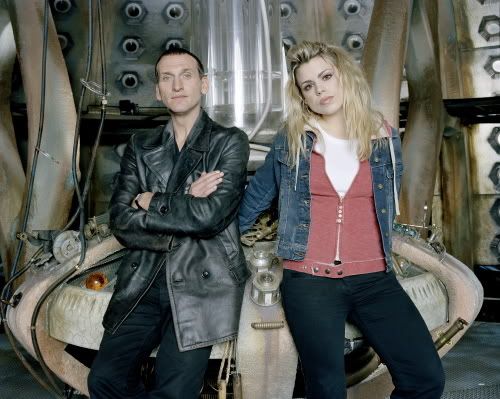

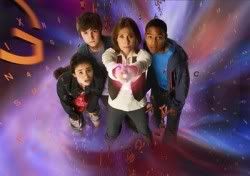
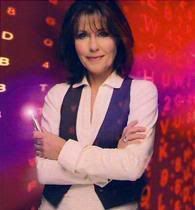
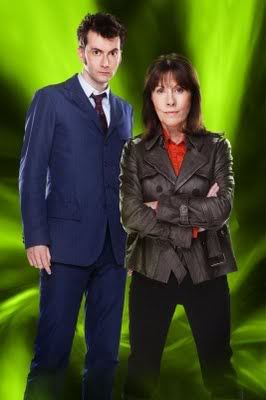
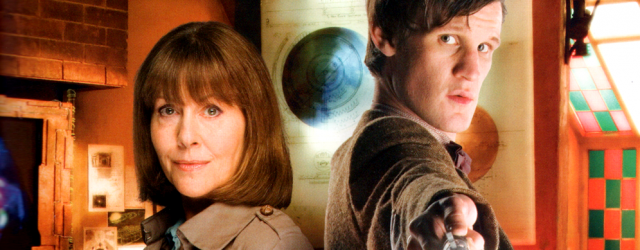
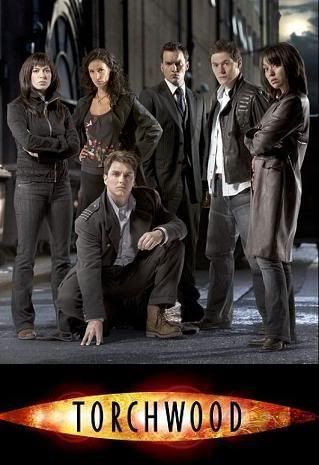
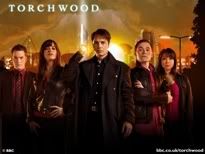

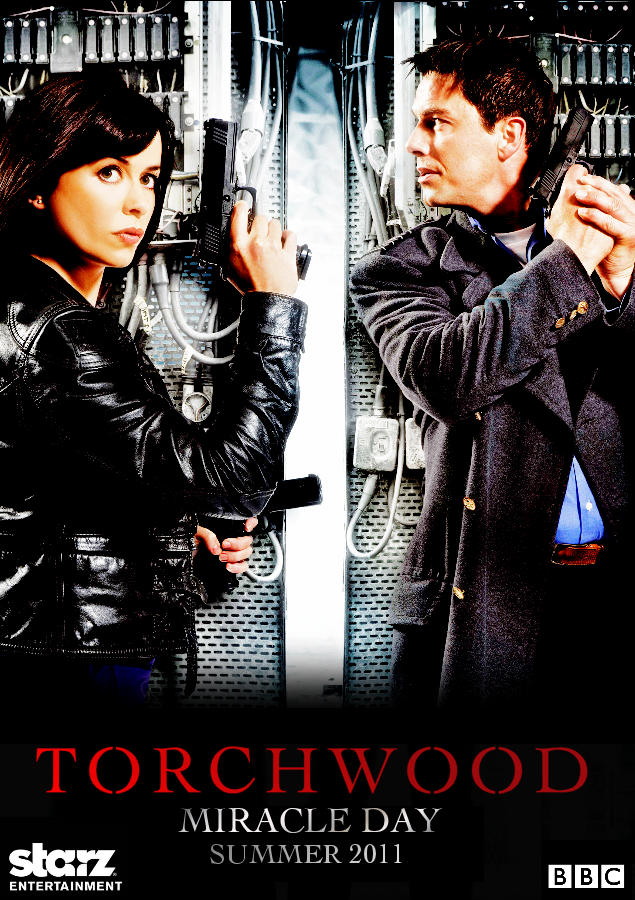


0 comments:
Post a Comment